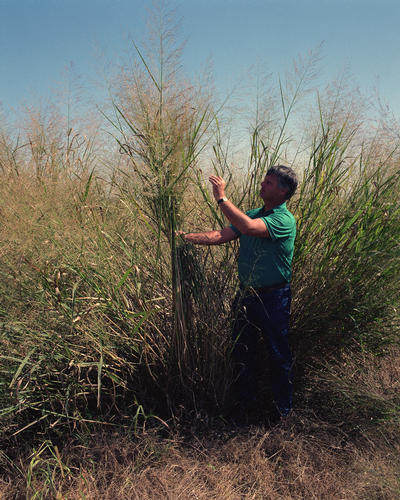 What better way to spend a late night with a restless 5 lb. baby than to write a few blog posts? Diaper changed? Check. Stomach full? Check. Burped? Check. Clean onesie? Check. Smack dab next to dad's chest? Check. Yet there is some life crisis happening, so *we* are both wide awake. Onward!
What better way to spend a late night with a restless 5 lb. baby than to write a few blog posts? Diaper changed? Check. Stomach full? Check. Burped? Check. Clean onesie? Check. Smack dab next to dad's chest? Check. Yet there is some life crisis happening, so *we* are both wide awake. Onward! Much talk surrounds the future of the Northern Great Plains. Depending on who you are paying attention to, you may believe in either the inevitable decline and abandonment of the region, a slow bleed of America's northern interior -- or you may see an unprecedented economic, demographic and cultural renaissance on the horizon.
Given the recent biofuels boom and economic surge of cities like Fargo and Sioux Falls, most observers currently lean toward the latter. But the region is in a moment of both crisis and opportunity. Consequently, communities across the Northern Plains are vigorously planning for the distant future--something perhaps unthinkable only 15-20 years ago.
Most communities' economic development strategies today derive from two schools of thought:
1) The first is the "
Creative Class" theory espoused by economist Richard Florida. Florida suggests successful cities possess "the three T's": Talent, Tolerance and Technology. "Talent" refers to young, single,"creative" professionals who thrive in the 21st century economy (everyone from graphic designers to writers, architects to university professors, software designers to folk musicians). These workers are attracted to places with a high level of outdoor amenities,
third-places, music scenes and certain "Tolerant" attitudes: that is, broad acceptance and celebration of "diverse" individuals, especially those who choose alternative sexual lifestyles, whom Florida views as among the most "creative" and therefore most economically desirable. The basic thrust of Florida's idea is that cultural and recreational amenities come first -- and then a dynamic economy, as uber hip, "creative class" workers pour into your city limits.
2) A second school of economic development thought comes from
Joel Kotkin, an urban policy and demographics authority with the New America Foundation. Kotkin's approach is essentially the opposite of Florida's: if you don't have quality schools, updated physical and high-tech infrastructure, low crime rates, decent home prices and economic mobility -- don't even think about spending thousands of public dollars on some annual local film festival designed to improve your city's "hipness."
That is, cultural riches follow economic success, and not the other way around. This cultural maturity will lead to even greater economic vitality, but it is not the
primary driver of a city's success.
Over the next few days, I'll take a look at the following three approaches to economic development strategy on the Northern Great Plains, including: Aberdeen, South Dakota's "Creative Class" strategic plan, Kotkin's region-wide assessment of the Great Plains, and finally, a scenario planning approach proposed by Northern Great Plains, Inc, of Fargo, North Dakota:
1.
"Creative Class" Strategic Plan for Aberdeen (by Florida)2.
Heartland Development Strategy (by Kotkin) 3.
Meadowlark Project (Scenario Planning Approach for Policy Development)BC



